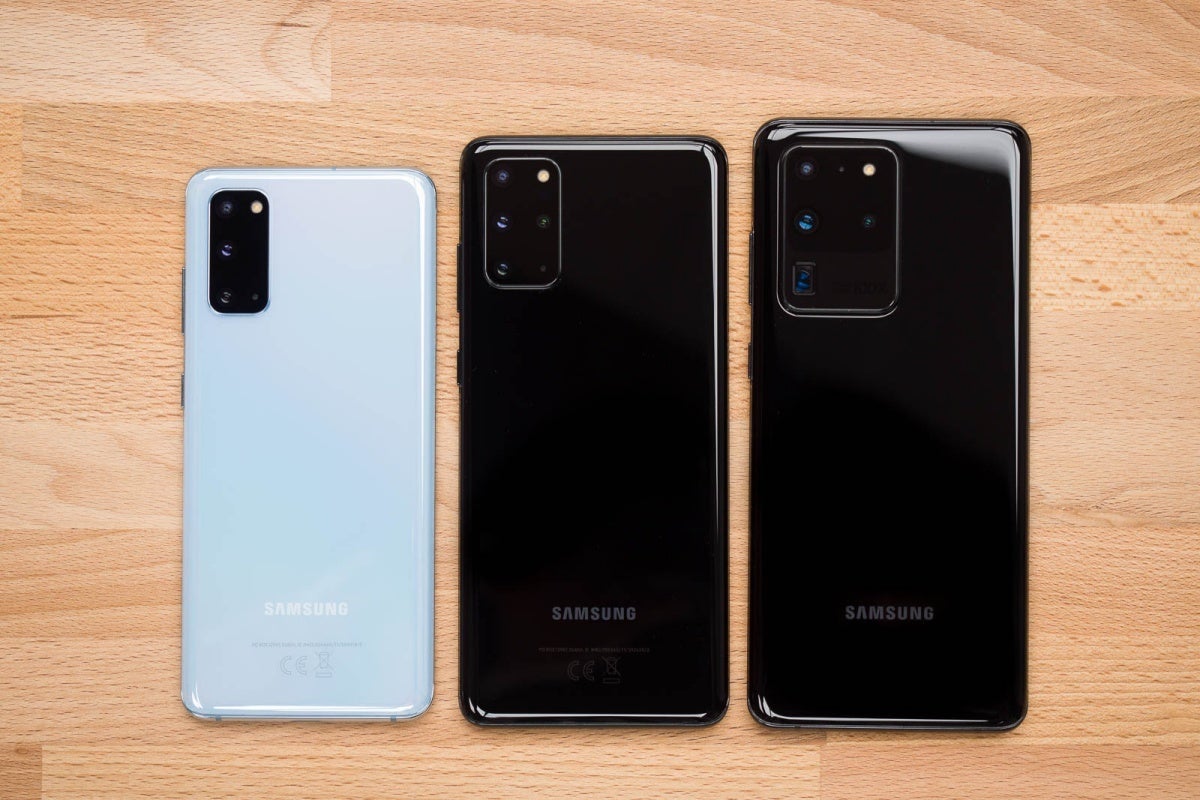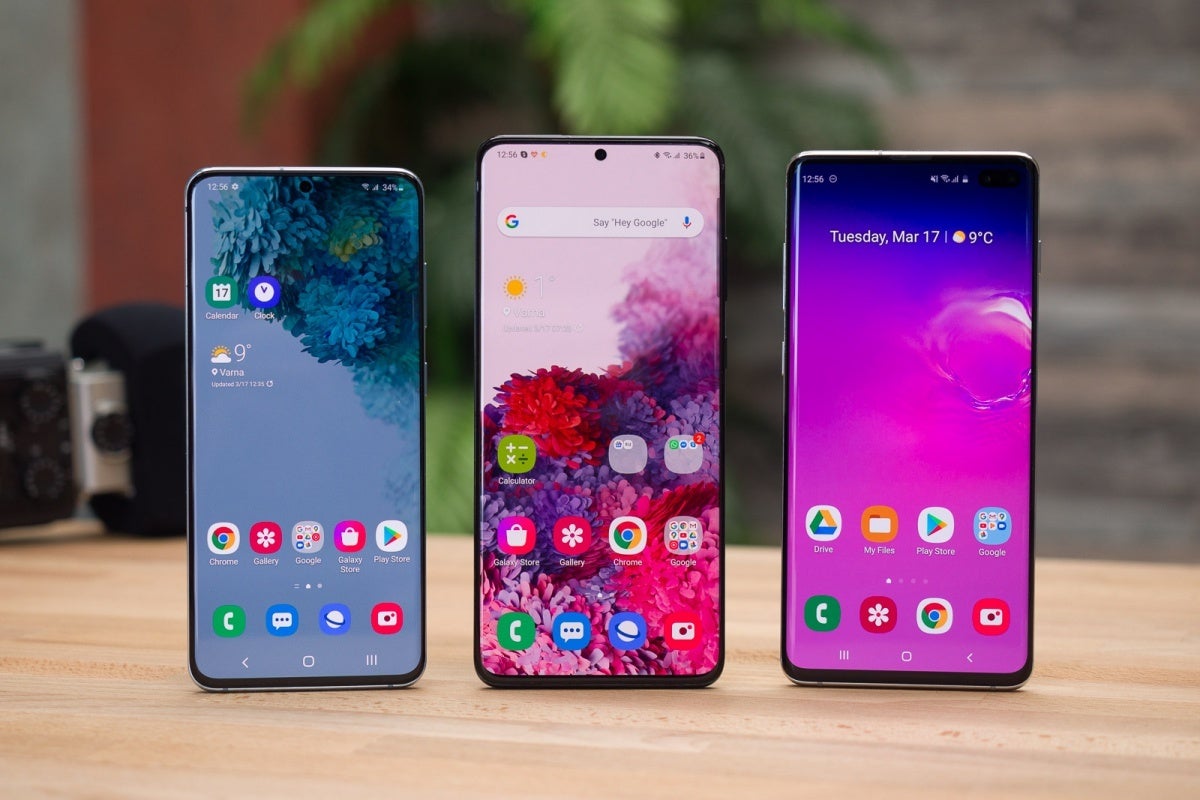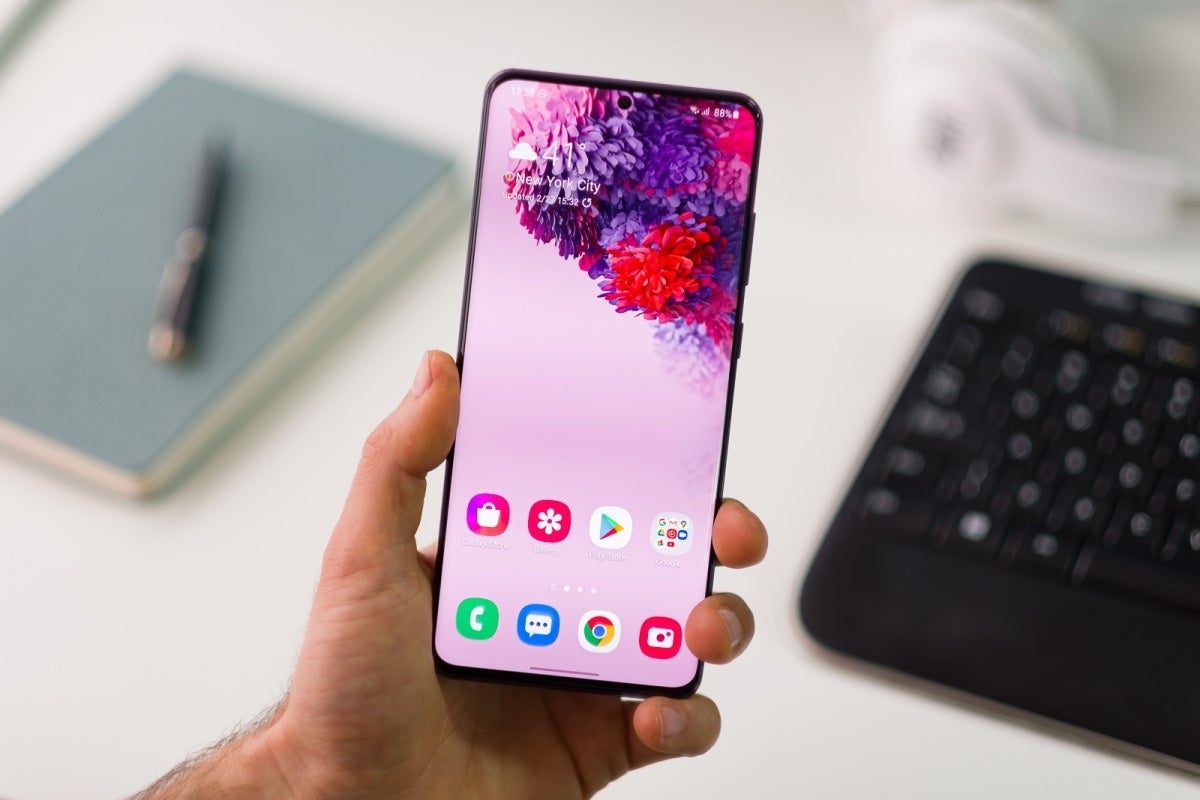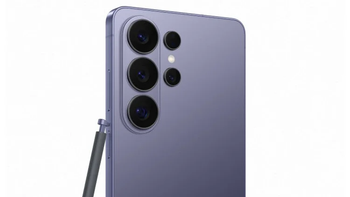Samsung is suffering from a bad case of poor Galaxy S20 sales, and not just because of the coronavirus

Galaxy S20, S20+, S20 Ultra (from left to right)
But that's actually not the full picture, as proven by several bleak forecasts made in advance of and shortly after the S20 series announcement, as well as weak sales results reportedly posted by two of the three main flagship variants since their commercial debut a couple of weeks back. But let's start from the beginning, shall we?
The Galaxy S10 series didn't come out during a global pandemic
You're going to hear this a lot over the next few months (possibly, even longer), so you might as well get used to it already. The Galaxy S20 lineup, just like virtually all other consumer products apart from toilet paper and hand sanitizer, has been negatively impacted by the rapid spread of the coronavirus disease around the world. So, no, it's definitely not fair to compare this year's numbers with what the Galaxy S10 trio racked up in its first few weeks of availability back in March 2019.

Galaxy S20, S20+, S10+ (from left to right)
The world is an entirely different place right now, and both the supply and demand for new smartphones have been hit hard by the closing of factories, difficulties in meeting previously set deadlines for the production of various key components, and, well, people going out less and spending more of their money on non-perishable food items and essential supplies.
Unsurprisingly, Samsung is said to have "radically cut its demand for S20 parts" after closely monitoring the initial sales of the ultra-high-end handset family, although the "industry sources" quoted by Korean media are keeping things awfully vague for the time being.
We don't know exactly how many copies the company has sold so far or how many more it expects to sell by the end of 2020, but the yearly total is clearly unlikely to rival the 36 million, 32 million, 38 million, and 40 million tallies of the S10, S9, S8, and S7 lineups respectively in past years.
Believe it or not, the S20 Ultra is the most popular model
Even though we can totally understand why one would be attracted to an absolute 6.9-inch beast with a quad rear-facing camera setup fronted by a 108MP primary shooter and a 5,000mAh battery under the hood, we never expected the $1,400 and up phone to outsell its cheaper and only slightly humbler siblings.

That Galaxy S20 Ultra is an absolute beast and an absolute beaut
Apparently, Samsung also did not see that coming, instead betting on the S20+ to become the most popular member of its newest flagship family. That didn't happen, as the S20 Ultra accounted for more than 50 percent of all S20-series pre-orders, which brings us to the aforementioned gamble that worked out rather nicely for the world's top smartphone vendor.
But while the surprising popularity of the Galaxy S20 Ultra is bound to boost Samsung's overall profit margins, that also means the "regular" S20 and the S20+ are not selling as well as the company initially projected, which obviously has nothing to do with the ongoing coronavirus pandemic.
Instead, that might primarily be because the Galaxy S10 and Note 10 series are looking more compelling than ever at heftier and heftier discounts. Market watchers also expect Samsung to have trouble fending off the likes of the impending Huawei P40 and P40 Pro in certain key regions, which further suggests the COVID-19 crisis is not the Galaxy S20 lineup's only major problem.
Follow us on Google News



















Things that are NOT allowed:
To help keep our community safe and free from spam, we apply temporary limits to newly created accounts: